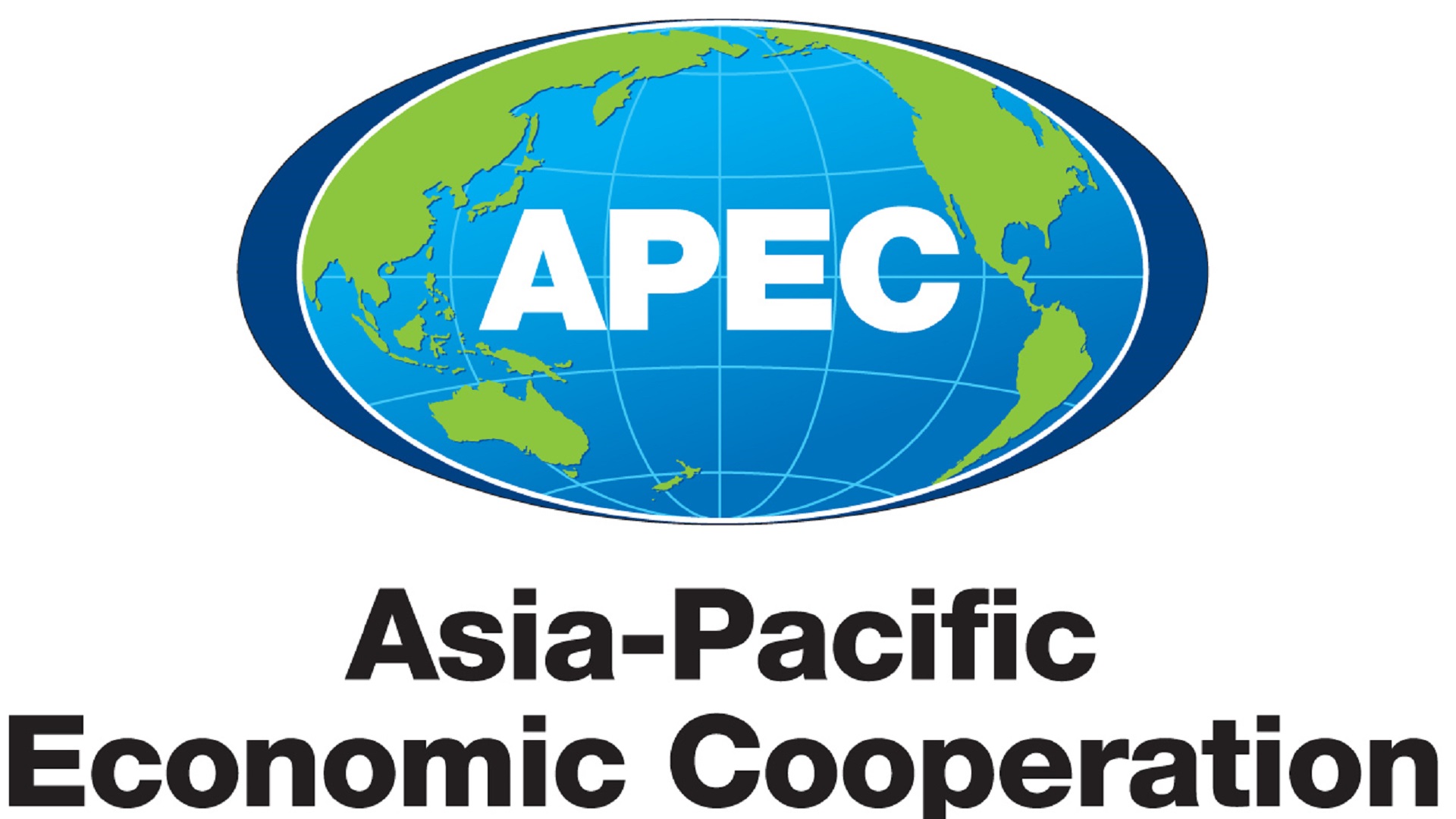It is important to have some knowledge of what APEC is at this stage since Papua New Guinea is already in preparation for the big event. Port Moresby will host Senior Officials from the APEC member economies as they convene on 5-6 December, to detail their priority areas of cooperation during Papua New Guinea’s inaugural APEC chairmanship in 2018.
- Asia-Pacific Economic Cooperation (APEC)
APEC is a regional economic forum first established in 1989 to leverage the growing interdependence of the Asia-Pacific. Its primary purpose is to facilitate economic growth and prosperity in the region, with the vision of creating a seamless regional economy.
- The APEC 21 Member Economies
The 21 APEC Member economies are; Australia; Brunei Darussalam; Canada; Chile; People’s Republic of China; Hong Kong; Indonesia; Japan; Republic of Korea; Malaysia; Mexico; New Zealand; Papua New Guinea; Peru; The Philippines; Russia; Singapore; Chinese Taipei; Thailand; The United States and Vietnam.
- Economies
The word ‘economies’ is used to describe APEC members because the APEC cooperative process is predominantly concerned with trade and economic issues, with members engaging with one another as economic entities.
- APEC Members Aim
APEC’s 21 members aim to create greater prosperity for the people of the region by promoting balanced, inclusive, sustainable, innovative and secure growth and by accelerating regional economic integration.
APEC aims to strengthen regional economic integration by removing impediments to trade and investment “at the border”, enhancing supply chain connectivity “across the border” and improving the business environment “behind the border”. It endeavours to improve the operating environment for business by reducing the cost of cross-border trade, improving access to trade information and simplifying regulatory and administrative processes. APEC also assists member economies build the institutional capacity to implement and take advantage of the benefits of trade and investment reform.
- APEC Forum Host Economy
Every year one of the 21 APEC Member Economies plays host to APEC meetings and serves as the APEC Chair. The APEC host economy is responsible for chairing the annual Economic Leaders’ Meeting, selected ministerial meetings, senior officials’ meetings, the APEC Business Advisory Council and the APEC Study Centers Consortium. Up until 2009, the host has also filled the position of Executive Director of the APEC Secretariat. Since 2010, the appointment of the Executive Director has been on a fixed-term basis of three years, and will be open to candidates from all member economies.
- Sustainable and Inclusive Benefits for the Region
APEC works to help all residents of the Asia-Pacific participate in the growing economy. For example, APEC projects provide digital skills training for rural communities and help indigenous women export their products abroad. Recognising the impacts of climate change, APEC members also implement initiatives to increase energy efficiency and promote sustainable management of forest and marine resources.
The forum adapts to allow members to deal with important new challenges to the region’s economic well-being. This includes ensuring disaster resilience, planning for pandemics, and addressing terrorism.
- Private Sector Engagement
Private sector engagement is central to APEC’s success. The APEC Business Advisory Council (ABAC), established in 1995, represents the interests of business in APEC. ABAC is composed of up to three members from each of the 21 member economies, with business representatives appointed by APEC Leaders. The annual APEC Chief Executive Officer (CEO) Summit and regular Industry Dialogues also provide opportunities for regional business leaders to interact with APEC and address key issues affecting business in the region.


